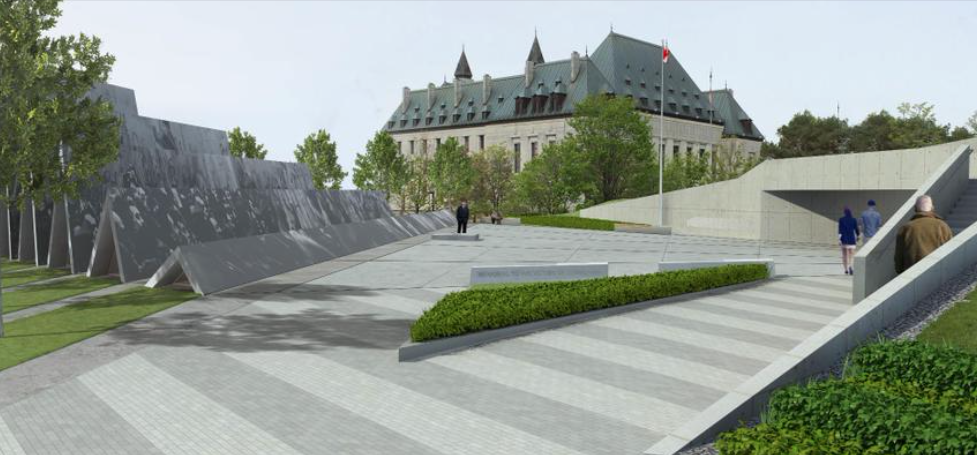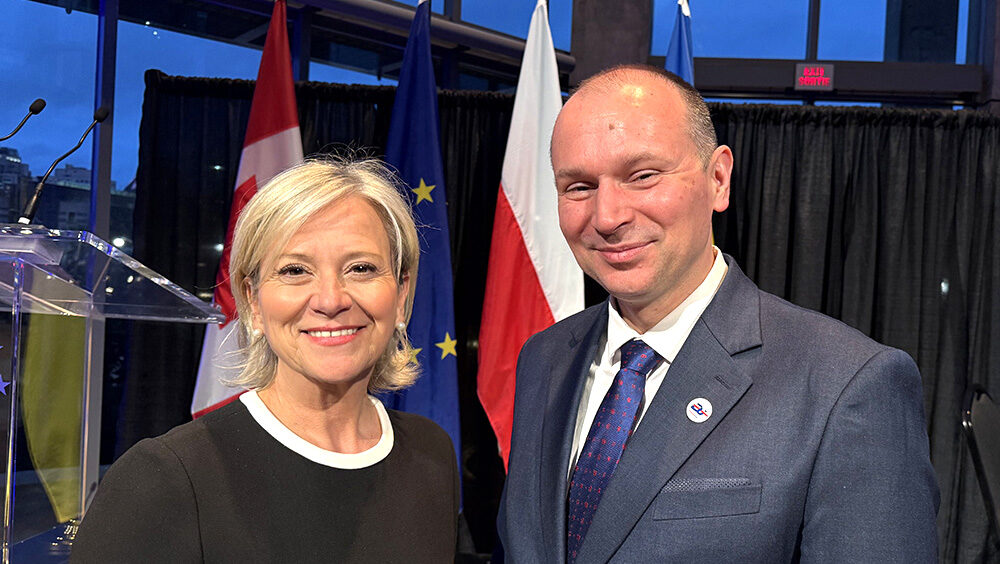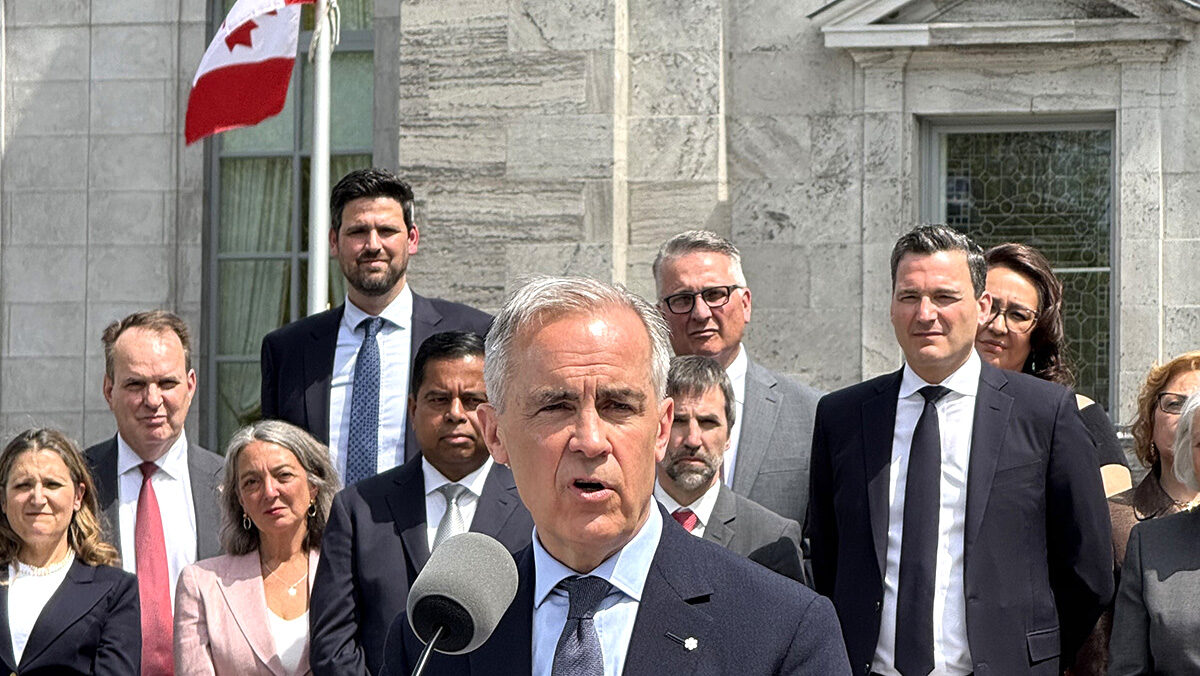More importantly, Mr. Trudeau announced that his party was committed to building the memorial.
The new minister of heritage responsible for the National Capital Commission, Melanie Joly, wasted little time, stating Thursday, that she would make a “prompt decision” about the status of the memorial.
Rookie Ottawa area MP and Minister of Environment Catherine McKenna has identified the relocation of the memorial — not the termination of it — as one of her top priorities.
And longtime Ottawa Liberal MP, Mauril Bélanger, has reconfirmed his support for the Liberal position to build a relocated memorial.
There is little doubt that the Harper government's approach toward the project exposed it to a sustained series of attacks by partisan critics who have demanded its elimination.
Debate about the memorial location and design are fair and healthy, however, threats to “put a stop to” and “put the brakes on” what one former Ottawa MP bizarrely labeled as a “poisoned chalice,” have callously alienated the community of Canadian victims and their families.
Canadians need to understand that the diverse communities that identify themselves and their families as victims of communism, feel that this memorial represents their history, as Canadians.
Subsequently, the campaign to terminate the memorial has been perceived as an attempt to minimize the value of their contributions as Canadians and marginalize the crippling trauma that they and their families have suffered.
A recent study of Holocaust survivors at New York's Mount Sinai Hospital concluded that the trauma experienced by the victims of Nazi terror is genetically inherited by subsequent generations.
The study's author, Rachel Yehuda found that certain genetic changes in the victims' offspring “could only be attributed to Holocaust exposure in the parents.”
The study looked at men and women who had either been interned in a Nazi camp, witnessed or experienced torture or were forced into hiding during the Second World War. The changes that affect the gene that controls stress was shown to affect multiple generations.
Millions of Canadians whose family members were victims of unspeakable horrors committed by communist regimes suffer from the same inherited trauma.
Refugees like my grandfather, who witnessed the execution of his family members and later survived the torturous conditions of Stalin's Gulag, have unquestionably passed along their trauma to their children, grandchildren and even their great-grandchildren.
In recent years, organizations and memorials have emerged in a growing international trend to recognize the victims of communism.
In the United States, a bipartisan effort to erect a national memorial in Washington D.C., was initiated by President Clinton and was dedicated by President Bush.
The Platform of European Memory and Conscience was formally established by the European Union to investigate the crimes of communist and Nazi regimes in Europe.
Its chairman, former Swedish MP and vice-president of the Council of Europe, Göran Lindblad, has been discouraged by the tone of the memorial debate. He and his EU colleagues have difficulty understanding critics who are trying to “deny the historical facts that brought millions of victims and their families to Canada.”
“Canada is otherwise recognized in Europe as a tolerant country: a nation that embraces and celebrates the diverse histories of its people”, says Lindblad.
“Canadians should be very proud to be an international leader in recognizing the evils of communist terror and memorializing its victims.”
A number of other European leaders, from Poland, Hungary, Latvia, Estonia and elsewhere, have publicly expressed their support for the Canadian memorial. Many have pledged significant financial contributions to its construction.
With the election over, critics and supporters must now come together to agree on a location for this important project that all Canadian political parties have pledged their support for.
The victims and refugees will grudgingly accept relocation and perhaps even an altered design so long as there is clear commitment and direction towards having the memorial built in the next 12 to 18 months.
A prolonged process will only exacerbate the growing anxiety among the eight million Canadians who are the victims of communism.
Marcus Kolga for the Ottawa Sun, November 7th, 2015




